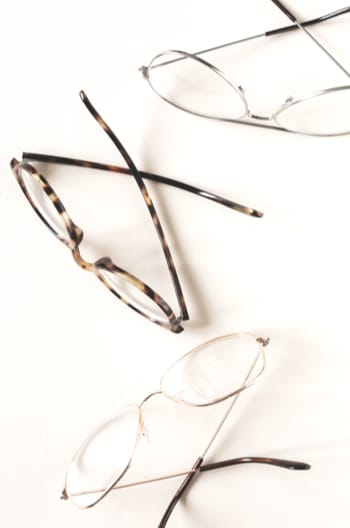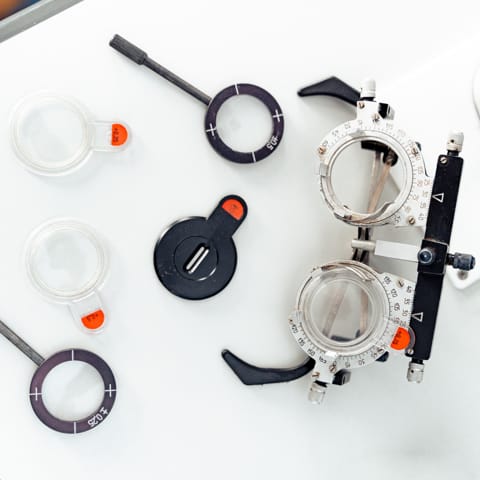Exploring Your Laser Vision Correction Options
If you wear glasses or contact lenses, you’ve probably thought about what life might be like if you didn’t have to. Laser eye surgery can help you wake up in the morning and see your alarm clock clearly.
Everyone considering laser vision correction needs to have a comprehensive eye exam and consultation. We need to take a detailed look at your eyes and understand your health history and lifestyle needs in order to help you achieve a positive outcome.
We’ll also be sure to discuss your expectations for the surgery. Many people experience improved vision after their procedure, but there are certainly people who still need glasses or contact lenses post-surgery. But surgery almost always decreases reliance on corrective lenses.
Start your laser eye surgery journey by booking a consultation today.
Request AppointmentWho Can Benefit From Laser Eye Surgery?
In order to be considered a candidate for laser eye surgery, your eyes must be in good health. Infections, severe dry eye, or recent trauma may mean you’ll need to delay the procedure.
Here are a few other considerations for surgery:
- You must be 18 years of age or older.
- Your refractive error must not be too great.
- Your prescription must be stable.
To find out whether you’re a candidate for laser vision correction, book an appointment today!
Request Appointment
What Is Laser Eye Surgery?
Laser eye surgery is a group of procedures—all just a little bit different—that use a laser to correct refractive errors in your vision.
Technological advances have made several types of laser vision correction possible, but 3 of the most common types are LASIK, PRK, and SMILE.
LASIK
Laser-assisted in situ keratomileusis (LASIK) involves a surgeon cutting a flap in your corneaa>. This flap is then folded back, and the remaining layers are reshaped with a precision laser.
Once the reshaping is complete, the surgeon will return the flap to its original position, and the cornea will repair itself. Post-surgery surveys report extremely high levels of satisfaction with LASIK.
PRK
Photorefractive keratectomy (PRK) involves the surgeon removing the top layer of the cornea altogether, then reshaping the remaining layers.
Is Laser Surgery Right for Me?
As with any surgical procedure, there are risks associated with laser eye surgery. We can help you understand the risks and will support you in making an informed decision.
Book your appointment for a laser eye surgery consultation today.
Request AppointmentOur Services

Dry Eye
Disease

Contact Lens
Exams

Myopia
Control

Eye Disease Diagnosis
& Management
Our Brands












